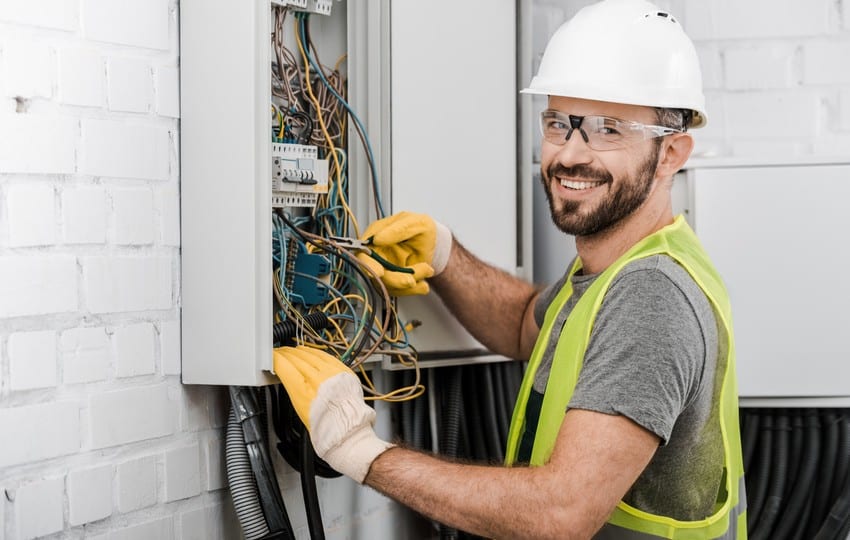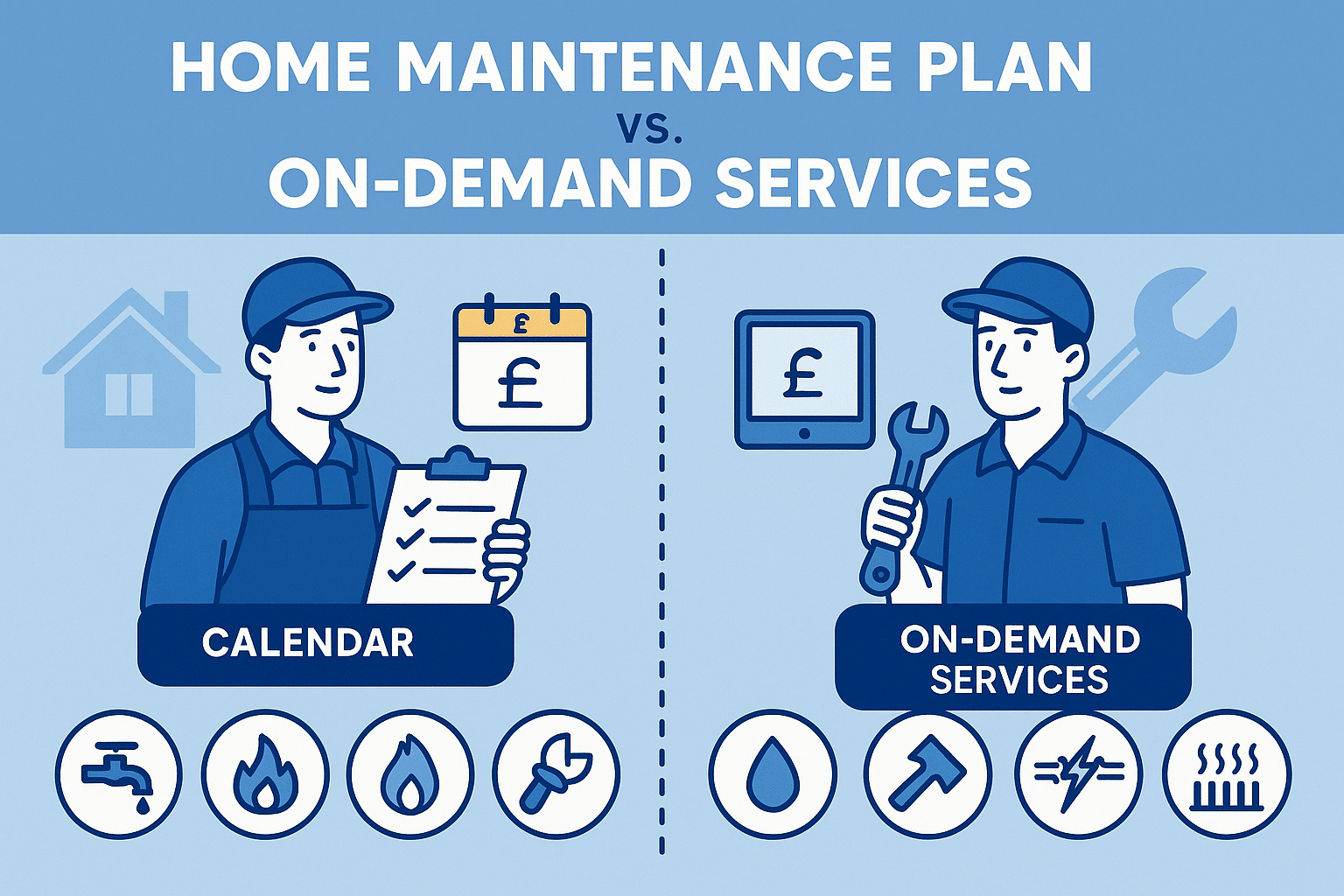 Essential Electrical Safety Tips for Home and Beyond
Essential Electrical Safety Tips for Home and Beyond

We rely on electricity every day, but it can also be dangerous if not treated with caution. Electrical safety is not just about protecting ourselves from electric shocks, but also preventing fires and other hazards. Ignoring basic electrical safety measures can lead to serious consequences, so let’s explore how we can create a safer environment for ourselves and those around us.
Table of Contents:
- Prioritizing Electrical Safety in Your Home
- Electrical Safety Beyond Your Home’s Walls
- Conclusion
- Important Links
Prioritizing Electrical Safety in Your Home
While it may seem straightforward, being mindful of electrical safety within your home requires consistent effort. Start with a visual inspection of your electrical cords, outlets, and appliances. Look for any fraying, cracks, or loose connections.
Even small signs of wear and tear could pose a fire risk, so addressing these issues promptly is crucial. Additionally, consider investing in surge protectors for valuable electronics to prevent damage from power surges or spikes, as these can happen unexpectedly.
Unplugging Appliances
Did you know that even when an appliance is switched off, if it’s still plugged in, it’s likely still drawing power? This “phantom load” can contribute to a higher electricity bill. In some cases, this might even increase the risk of an electrical fire over long periods. Taking a few seconds to unplug appliances like phone chargers, toasters, or coffee makers when not in use is a simple yet effective way to enhance electrical safety and mitigate the risks.
Another easy safety tip? Don’t overload outlets. Spreading the load across different outlets or using a power strip with surge protection is an effective way to minimize fire hazards. By taking these small steps, you’re actively minimizing fire hazards.
Protecting Your Family With Childproof Outlets
If you have young children, you already know how curious they can be, especially regarding electrical outlets. Childproofing your home should be a top priority when you have little ones. An effective initial step is covering all unused outlets with safety caps.
These inexpensive caps effectively prevent children from inserting objects into the outlet openings. Also, make sure electrical cables are tucked away, as curious toddlers might pull on them. Educating older children about the potential dangers of electricity helps them understand the importance of these safety measures.
Power Outages: Staying Safe
Power outages, while common, can pose unexpected dangers. First, check your circuit breaker or consumer unit for any tripped circuits or blown fuses. Sometimes a simple reset can get things back to normal.
However, it’s essential to know your limits. If you’re not entirely sure, then play it safe and get in touch with a qualified electrician. While dealing with outages, rely on battery-powered lights.
Candles, while seemingly helpful, dramatically increase fire hazards in a powerless environment. Remember, a little inconvenience during a power outage is better than putting your safety at risk.
Electrical Safety Beyond Your Home’s Walls
Electrical safety expands beyond your home’s confines, particularly when working on projects that involve digging. Before you break ground for a new fence or landscaping project, remember there could be hidden dangers beneath the surface.
Calling your local utility companies is an important first step, ensuring all buried lines are clearly marked. Remember, accidental contact with underground services and power lines isn’t just an inconvenience — it’s a severe hazard.
By taking these precautions, you’re not just protecting yourself but also ensuring the well-being of those working alongside you. Prioritizing safety means equipping yourself with the knowledge and understanding of potential dangers, ensuring everyone goes home safe and sound.
Essential Electrical Safety Advice for Homeowners
Many aspects of homeownership are best left to professionals, and electrical work definitely tops that list. Whether it’s installing a new ceiling fan or troubleshooting persistent electrical problems, enlisting the help of a licensed electrician is vital.
When searching for a qualified electrician, seek recommendations from friends or neighbors. Checking online reviews is also an excellent way to gauge the experiences of others within your area.
| Electrical Hazard | Prevention Tips |
|---|---|
| Overloaded Outlets | Distribute electrical loads, unplug unused appliances, and avoid daisy-chaining power strips. Consider dedicated circuits for high-wattage appliances. |
| Frayed or Damaged Cords | Regularly inspect cords for visible wear, replace damaged ones immediately, and prevent cords from being pinched or bent. |
| Water Near Electrical Appliances | Keep electrical appliances away from water sources and never touch electrical appliances with wet hands to minimize the risk of electric shock. |
Recognizing the Warning Signs
There are often telltale signs that something might be wrong with your electrical system. For example, if you experience frequent circuit breaker trips or notice flickering lights, these are not issues to be ignored. Other warning signs include burning smells from outlets or appliances and unusual noises such as buzzing or crackling.
These signs point to potential issues within your electrical system. Delaying addressing these issues can significantly increase fire risks or electrical shock. Contacting a licensed electrician promptly allows them to diagnose the problem and offer appropriate solutions before it escalates into a serious hazard.
Always prioritize proactive measures, as taking timely action minimizes the chances of more significant electrical issues down the line. Remember that ignoring warning signs can lead to more extensive and costly repairs later on. Be proactive in addressing electrical issues to ensure your safety and the longevity of your electrical system.
Conclusion
By implementing practical electrical safety habits into our lives, we can dramatically reduce the chance of an accident from occurring. Let’s prioritize electrical safety and continue to stay informed, ensuring a secure environment for everyone. By taking preventative steps and reacting carefully to potential warning signs, you can safeguard your well-being while keeping your home safe from preventable electrical mishaps.
So remember to always approach electrical systems with respect and care. Never hesitate to consult professionals when in doubt, especially for tasks that involve electrical installations, repairs, or inspections. Staying informed about potential hazards can help you make responsible decisions that keep you and your loved ones safe.


